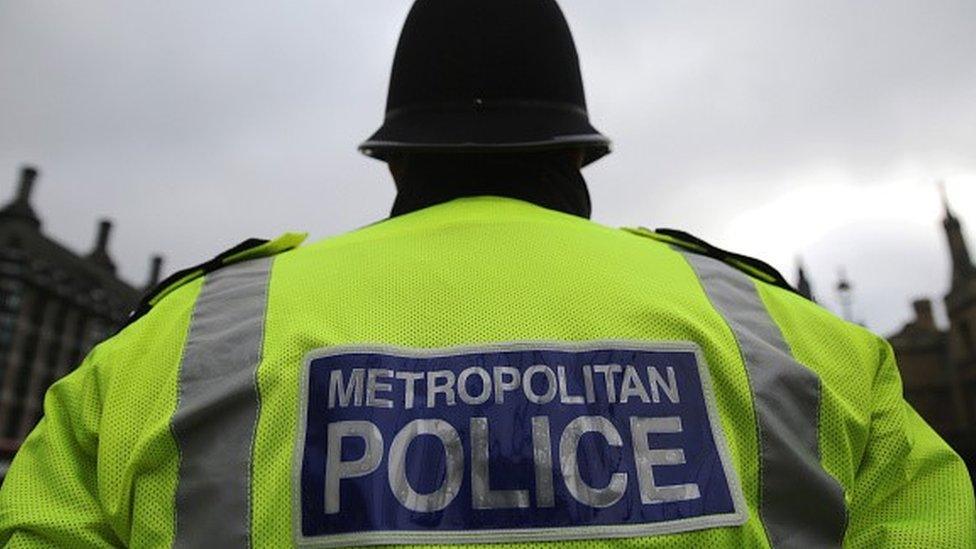Aboriginal women 'betrayed' after no charges in Quebec police abuse claims
- Published
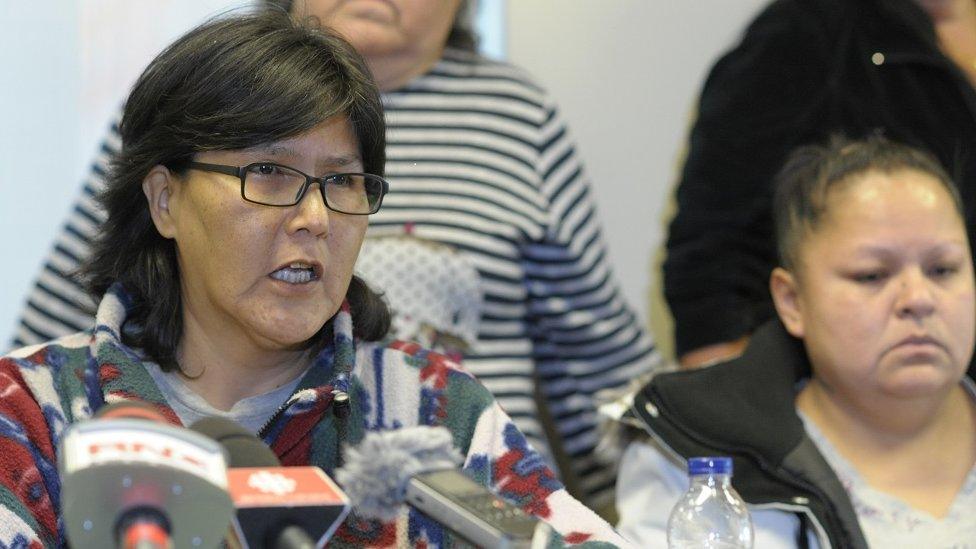
Quebec women who accused provincial police of abuse say they feel betrayed
Indigenous women from a Quebec town who accused police of sexual and physical abuse say they feel betrayed and humiliated after learning no criminal charges will be laid.
They say the justice system has failed them.
But the province's criminal prosecutions office says none of the allegations met the burden of proof necessary for indictments.
The shocking 2015 allegations led to calls for an inquiry into policing.
The story in Quebec is unfolding as law enforcement across the country is under growing scrutiny of the relationship between police and First Nations people in Canada.
The high-profile case began last year, when a number of women went public with their allegations to investigative news program "Enquete", external, describing intimidation, abuse of power, and sexual and physical abuse by provincial police stationed in Val d'Or, a town of 31,000 people some 530km (330 miles) northwest of Montreal.
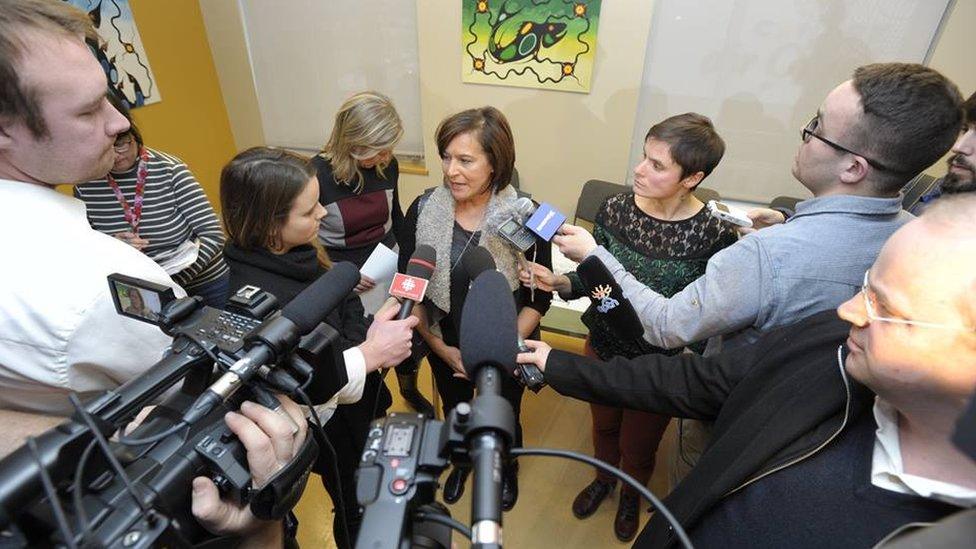
Edith Cloutier, Director of Val-d'Or Native Friendship Centre, said provincial and federal indigenous groups are united in calling for an inquiry
Soon after, the Quebec government ordered a wide-ranging inquiry into the allegations, with the investigation handled by Montreal police.
Six Quebec provincial police officers from Val d'Or were suspended with pay during the investigation.
The police eventually handed over 37 files, external to Crown prosecutors.
On Friday, the Crown gave a rare explanation of its decision not to press charges at a news conference in Val d'Or, saying they hoped the transparency would help bolster faith in the process.
Prosecutors said they had no reason not to believe the women's allegations but did not think they could prove them in court.
"We have to be clear that the fact that charges have not been laid doesn't mean that the events did not take place. The burden on the Crown is very high. We have to show that the suspect is guilty beyond reasonable doubt," said Sylvain Petitclerc.
The Crown said in a number of cases there was insufficient evidence to identify a suspect. In other cases, they failed to find enough overall evidence. In three cases, the allegations were made by a third party and later denied by the potential complainant. In one instance the suspect had died.
The Crown did file charges against two retired police officers from Schefferville, another rural Quebec community, on alleged crimes dating back to the 1980s and 1990s.
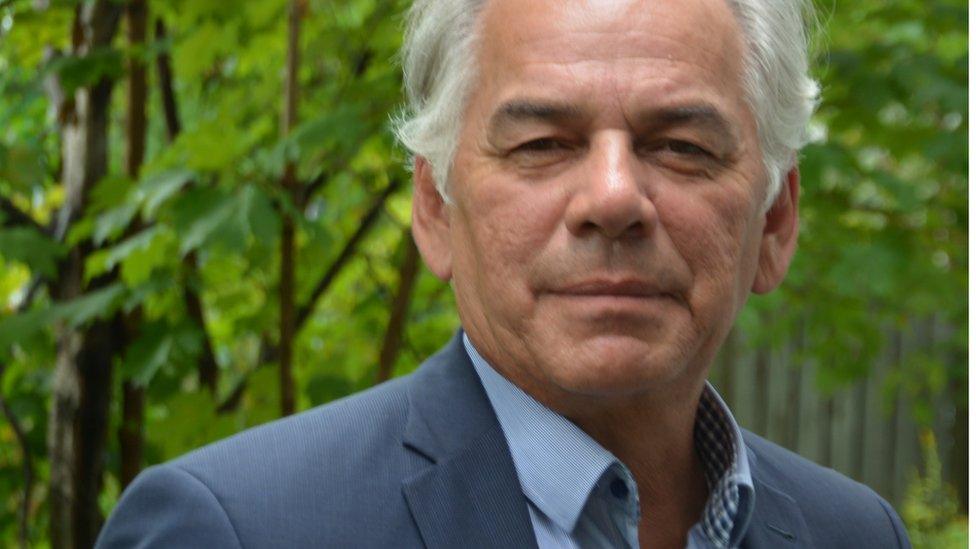
AFN Regional Chief Ghislain Picard is adding his voice to calls for an independent inquiry
But Edith Cloutier, with the Val-d'Or Native Friendship Centre, called Val d'Or "ground zero" for the accusations, and said the lack of charges has renewed calls for an independent inquiry into systemic racism and the relationship between police and aboriginal people in Quebec.
The province has repeatedly rejected that request from federal and provincial indigenous groups.
"Those women forgot their fear, broke their silence, finally spoke out," Ms Cloutier said. "The system has failed to protect them."
Assembly of First Nations Regional Chief for Quebec-Labrador Ghislain Picard said simply: "It's clear there is a very wide gap between justice and its application to indigenous people."
In April, Quebec setup a confidential hotline, external indigenous people could call, external to file complaints of police abuse. Montreal police force have been tasked with investigating all the allegations of abuse against indigenous people unless they are against one of their own.
Allegations flagged to police since April are still under investigation.
The Val d'Or women have also secured legal counsel and are looking at the next possible steps.
institutional violence
- Published17 November 2016
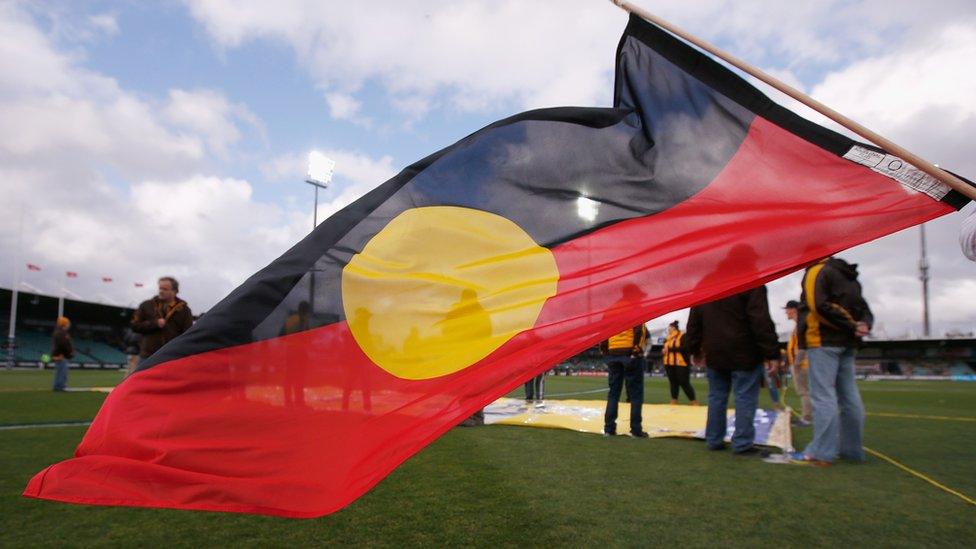
- Published18 November 2016
